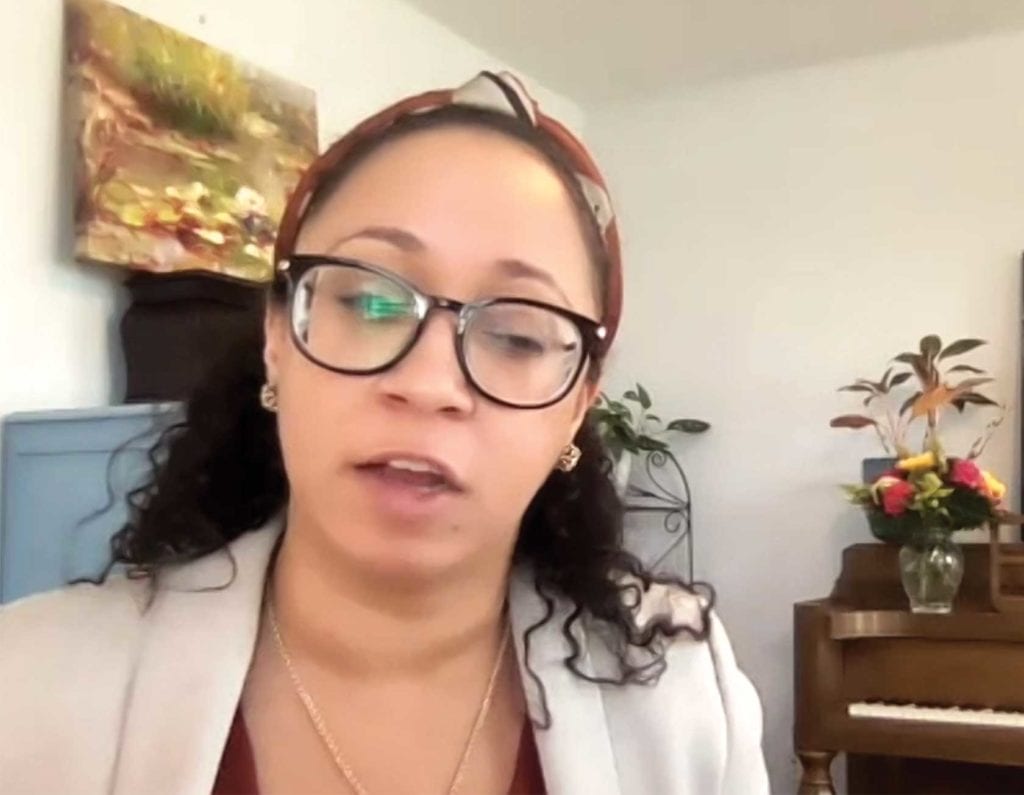Caution urged on Fire Dept. cadet program
Electeds call for public participation in implementation of new program

State lawmakers recently passed a home rule petition creating Boston’s first-ever cadet program for the Boston Fire Department.
Modeled after a similar cadet program that was instituted at the Boston Police Department in 1979, the initiative is aimed at increasing the number of Blacks, Latinos, Asians and women in the department, which is 72% white and 94% male.
If signed into law by Governor Baker, the bill would, the city announced, “allow any qualified resident of Boston between the ages of 18 to 25 to be appointed as fire cadet by the Boston Fire Chief. Following the completion of the two-year program and passing the civil service exam, a cadet would then become a firefighter.”
Currently, veterans have an absolute preference on public safety jobs under the Civil Service Commission, which Boston relies on for the hiring of police and firefighters. Because far fewer Blacks and Latinos in New England have served in the armed services than whites, whites have dominated the incoming classes in the police and fire academies during the last 20 years.
An online forum Monday to discuss implementation featured Darrell Higginbottom, president of the Boston Society of Vulcans, a nonprofit organization of Black and Latino firefighters; state Rep. Chynah Tyler; City Councilor Andrea Campbell; and Sophia Hall, an attorney with Lawyers for Civil Rights. The success of the cadet program in meeting its aim will depend on how well it’s implemented, they said.
Campbell stressed the importance of increasing diversity in public safety jobs.
“We don’t need another report to talk about when you have a department that is reflective of the city they serve,” she said. “Trust gets built, period. And then also the employment opportunities — these are high paying jobs that everyone in the city of Boston, particularly those who live here who grown up here and who dream of joining these departments, should not have barriers to.”
Higginbottom said it’s critical that the Black and Latino firefighters his organization represents and community members be at the table when implementation details are decided on. Currently, Fire Department officials and white union representatives are slated to work out the details, he noted. No one from the Vulcans is represented.
“If you eliminate the community members like the Vulcans and others who have a direct a direct response to our neighborhoods, it’s not going to be as effective,” he said.
Tyler drew parallels between the new Fire Department cadet program and the Criminal Justice Reform Act that passed this month. Because that legislation was authored by members of the Massachusetts Black and Latino Caucus who stayed involved in the legislative process, Tyler said, the bill responds to the needs of Black and Latino communities.
“If Black people, Latino people and people of color are able to lead in efforts like this, the final product will be culturally responsive,” she said.
While the cadet program is aimed at bringing a more diverse pool of cadets into the Fire Department, exactly how it will be implemented remains to be seen. Details such as for how long a person has to have been a Boston resident before they can apply for the program are yet to be worked out.
Also yet to be determined is how the home rule petition’s benchmark on the percentage of cadets that can make up a recruit class — 33% — will work.
“When you have a benchmark, someone on the other side can say ‘Hey, we did everything we could to try to meet that, but we just couldn’t make it,’” Tyler said. “We want to actually set absolute mandates and make sure that that 33%, for example, is actually met.”
Campbell, who introduced the home rule petition in the City Council, said strict requirements around residency could benefit white Bostonians as well as increase the numbers of people of color in the Fire Department.
“This is not an us versus them,” she said. “This is how do we create a system that works for everybody?”







